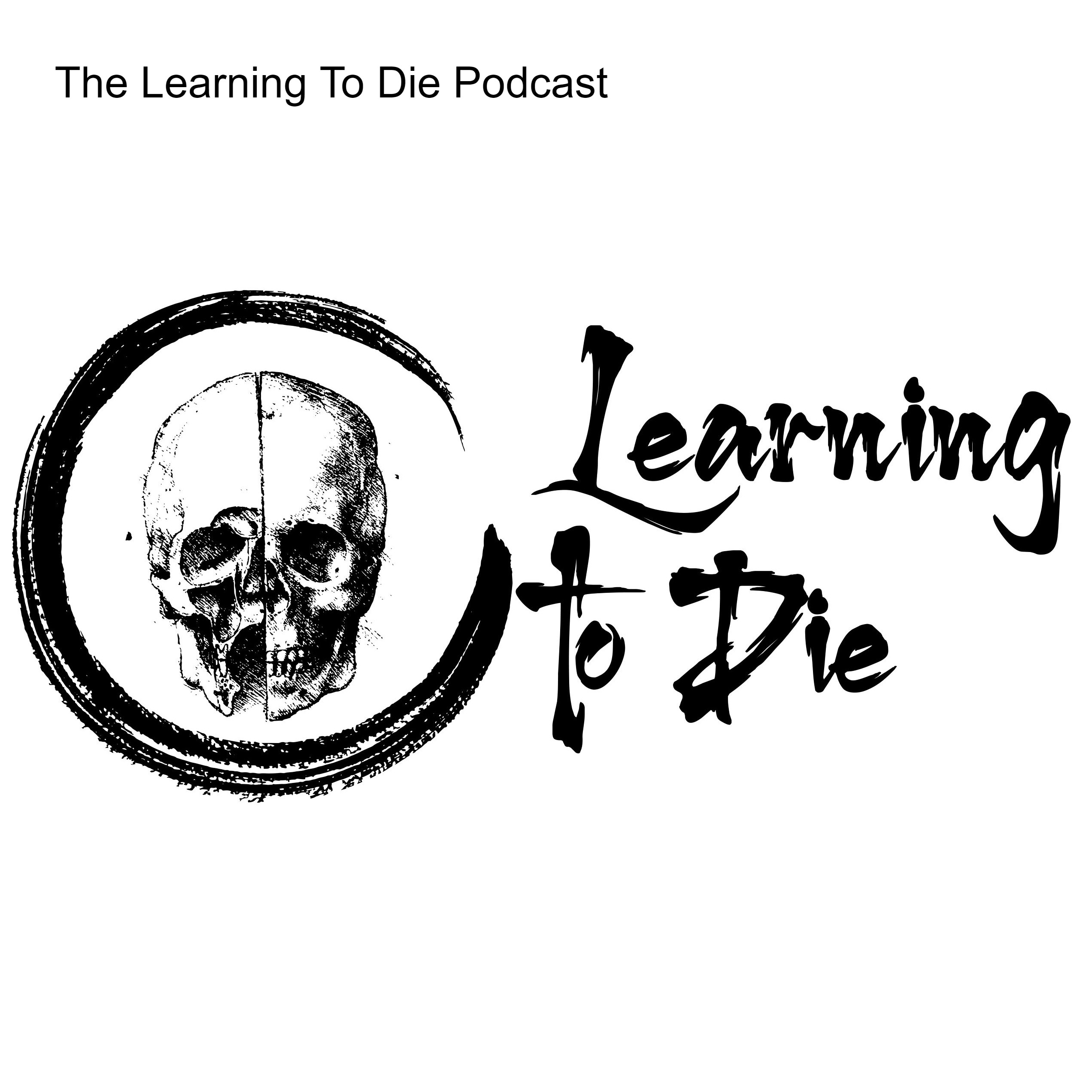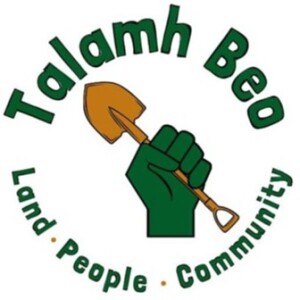
7.6K
Downloads
45
Episodes
How do I live when I know I must die? Learning to Die is a show about exploring that question hosted by Ian Dunican and Ciaran O'Regan. They explore areas of philosophy, psychology, martial arts, culture, existential risk, and anything else that seems of interest and relevance to navigating a well-lived life. And, since Montaigne put it beautifully when he said "every man bears the whole form of the human condition," Ian and Ciaran can only hope that some of what they learn prior to returning their borrowed carbon to the Universe might be of benefit to you too. Namaste Sapiens.
Episodes

Sunday Apr 23, 2023
Sunday Apr 23, 2023
“I know more now than I ever knew before, it’s far worse than I ever imagined it could be, but I actually have more hope now than I ever had that we can actually do something about it.”
These are the words of our guest today, Thomas O’Connor. Thomas is a farmer and small business owner from Kerry, Ireland, and a spokesperson for the Irish farming organisation Talamh Beo https://talamhbeo.ie
Ciaran and Thomas discuss
- geopolitical instability and feeding people in times of global supply chain disruptions
- food security vs food sovereignty
- the importance of animal-inclusive food systems
- the role of soil health
- how to make Irish farming make resilient
- what regular people can do to improve food sovereignty, and much more.
Feel free to start listening/watching straight away. However, if you’d like to know more, the writing below is a 2-3-minute read by Ciarán that offers some background information.
Why is a philosophy podcast like ours doing an episode on farming? On one level, it is very simple: “No Farms, No Food”. This is a slogan of the Dutch farmers who are being scapegoated as villains, and who have even been associated with the “far right” by the influential journalist George Monbiot. Monbiot, an anti-livestock and pro-technology vegan activist who want us to eat hyper-processed fake meats made using “precision fermentation”, did an interview recently on Politics Joe in which he used the phrase “far right” at least a dozen times when discussing the Dutch farming protests. Moreover, he explicitly linked support for the farmers with Nazi “blood and soil” ideology. This is madness. The Dutch farmers feed millions and millions of people at a time of increasing geopolitical instability and worsening global food shortages. Thomas Fazi, in a recent piece for Unherd, brilliantly outlines key points around the attacks on farmers worldwide. He also explains the global consequences of “the Dutch government’s proposal to cut nitrogen emissions by 50% in the country’s farming sector by 2030”, at a time when “almost a billion people around the world are still affected by hunger”. And Vandana Shiva, the Indian environmentalist, social activist, and author, has also offered support for the Dutch farmers. Shiva recently described what is going on in Holland as a “farmers-citizen movement”, and said that citizens of the Netherlands “don’t want their economy, their land, their country hijacked” by massive financial interests who want to centralize control over food and land because this “is where the future profits are seen by the billionaires.” And as can be seen in Ireland too, with continued attacks here on the agricultural industry that seem to have no regard for where our actual food will come from, the Dutch are the canaries in the coal mine.
Then on another level, farming isn’t just about the production of Calories. “Whose food you eat,” says Thomas in our chat, “their slave you are.” Thomas unpacked this statement throughout our discussion when he described how Talamh Beo, which means “Living land”, focuses on food sovereignty rather than just food security. While food security is about ensuring you have a minimum caloric value to stay alive, food sovereignty is about much more than that. Food sovereignty is about local production, nutrient-dense food, and culture, which all relate to wider ecological stewardship. This focus on food sovereignty is inspired by La Via Campesina.
La Via Campesina (LVC) is affiliated with farming organizations worldwide and has hundreds of millions of members. LVC represents the small-scale farmers who produce the majority of the world's food, and who have come together to resist corporate capture by big business. In a position paper from 2021 on the UN Food Systems Summit, LVC shines a light on the corporate capture they are pushing back against: “We believe it is essential to oppose the corporate capture of food systems because global agribusiness supports the imposition of financial and market paradigms to food production and distribution. This logic created the 2008 food crisis and has continued to negatively affect small-scale food producers and people, in general, all over the world.” LVC goes on to describe how “more and more UN policies” have been putting the “private interests and speculation” of transnational corporate entities above the interest of the public.
These powerful transnational corporate interests, what we might call Big Food Oligarchs (BFOs), don’t want localized, independent, resilient, community-based food production and distribution networks. BFOs want globalised, dependent, fragile and atomized consumers that they can assimilate into their market share and feed off of like vampires. In our conversation, Thomas describes what can be done to resist this machine: “My Dad used to say that ‘you came into the world the way it is, the best you can do is to change it a little bit.’ So we’re not responsible for the reality we came into, but we’re definitely responsible for how we interact with that reality…We used to be custodians and part of the living landscape; we can be again.”
I hope that was useful. Please enjoy this episode of the Learning to Die podcast.
Check us out at www.learningtodie.com.au for all episodes and links to the YouTube video versions.
The YouTube version of this episode has a video and some slides.
Contact us at ian@learningtodie.com.au or ciaran@learningtodie.com.au.

No comments yet. Be the first to say something!